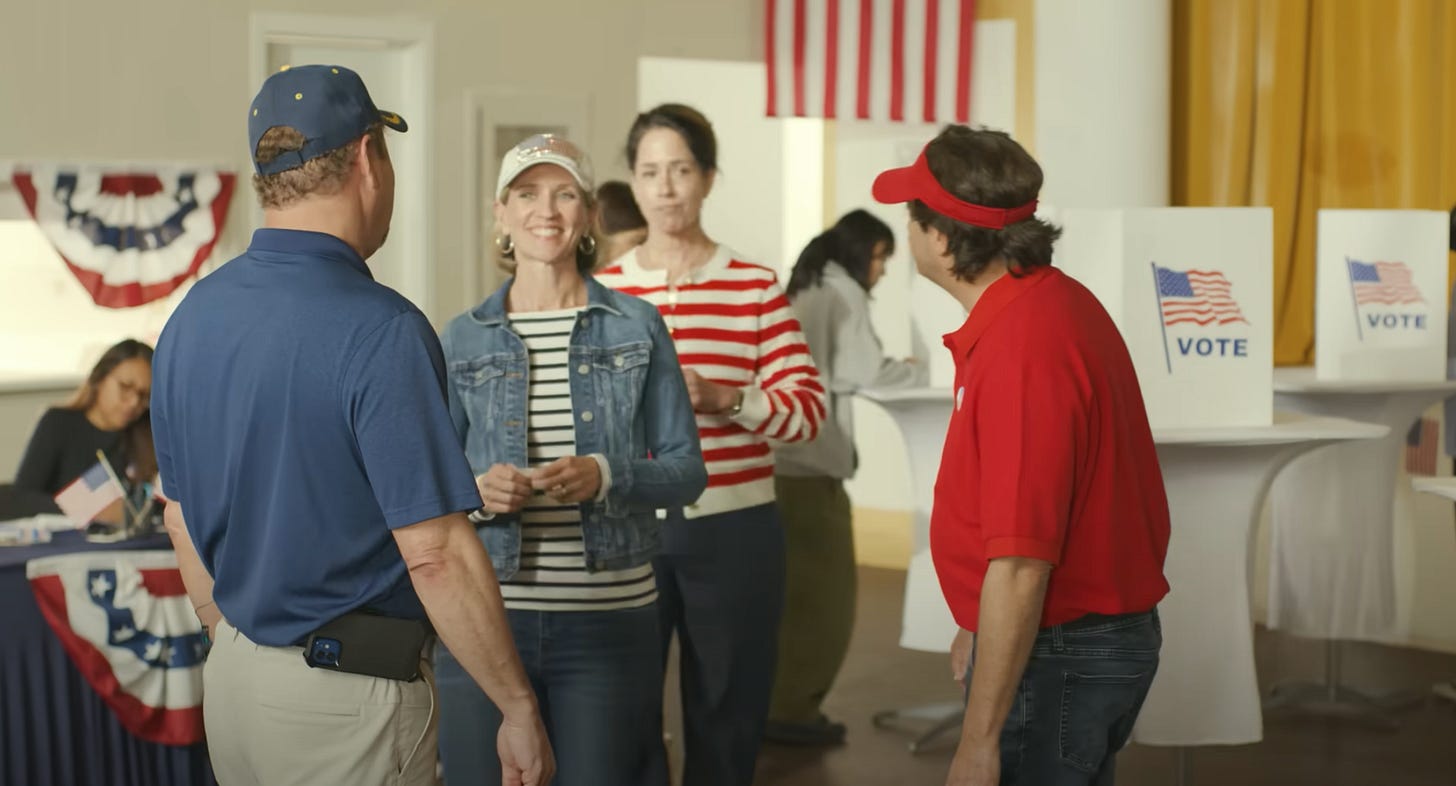Julia Roberts’ Political Ad Was Right! (Just Not How She Intended)
Shaming Trump supporters backfires on Eight Percenters
Dear Readers,
Well, after almost two years, I’ve finally done it—I’ve enabled paid subscriptions! I’m heartened by those of you who have already pledged to support this Substack, and I’m finally taking you up on your generosity.
As I’ve noted before, when I started Shiny Herd, I was searching for a way to understand The Great Chill, escape from the Eight…
Keep reading with a 7-day free trial
Subscribe to Shiny Herd to keep reading this post and get 7 days of free access to the full post archives.





